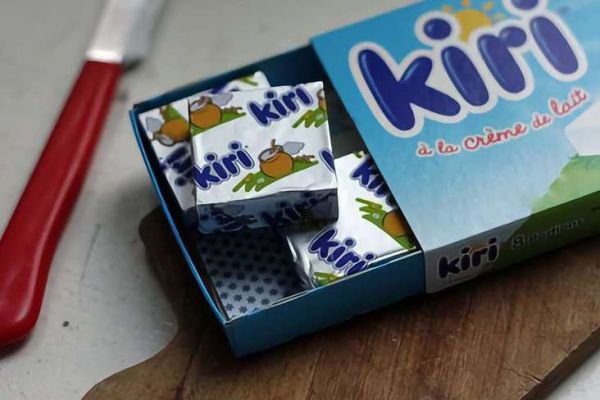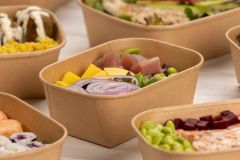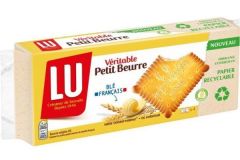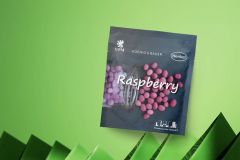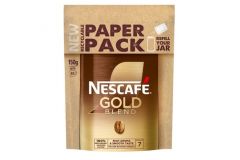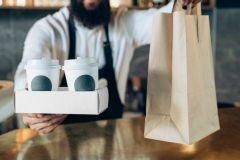The use of aluminum in food packaging is based on its lightness, strength and shelf life. However, the environmental cost of aluminum is prompting manufacturers to consider sustainable alternatives. For the Bel group, this transition is embodied in a flagship project: the launch of recyclable paper packaging for Kiri cheese portions.
For Cécile Beliot, Bel's General Manager, this shift is part of a broader reflection on the future of the food model in the face of demographic and climatic challenges: "We have to climb a food Everest to feed 10 billion people by 2050
After four years of research and development, this new packaging will be tested with consumers from 2025, with deployment planned from 2026. This material will have to meet stringent requirements in terms of food protection against humidity, heat and transport variations, while offering a user experience comparable to that of aluminum.
Switching to paper involves profound changes in production lines. The machines currently used in the dairy industry, designed to handle aluminum, need to be rethought. Bel plans to invest several tens of millions of euros to develop suitable equipment, capable of processing paper on a large scale while maintaining optimal industrial production rates.
Bel's global R&D center in Vendôme (Loir-et-Cher) plays a central role in this transformation. The site, which celebrates its thirtieth anniversary in 2024, hosts over 100 research projects every year, and will benefit from a 7.5 million euro investment over three years to accelerate these innovations.
With projects such as the replacement of aluminum with paper and bulk distribution, Bel is anticipating growing expectations in terms of environmental responsibility. However, these initiatives come with industrial, financial and social constraints, which will have to be met to ensure their success.
